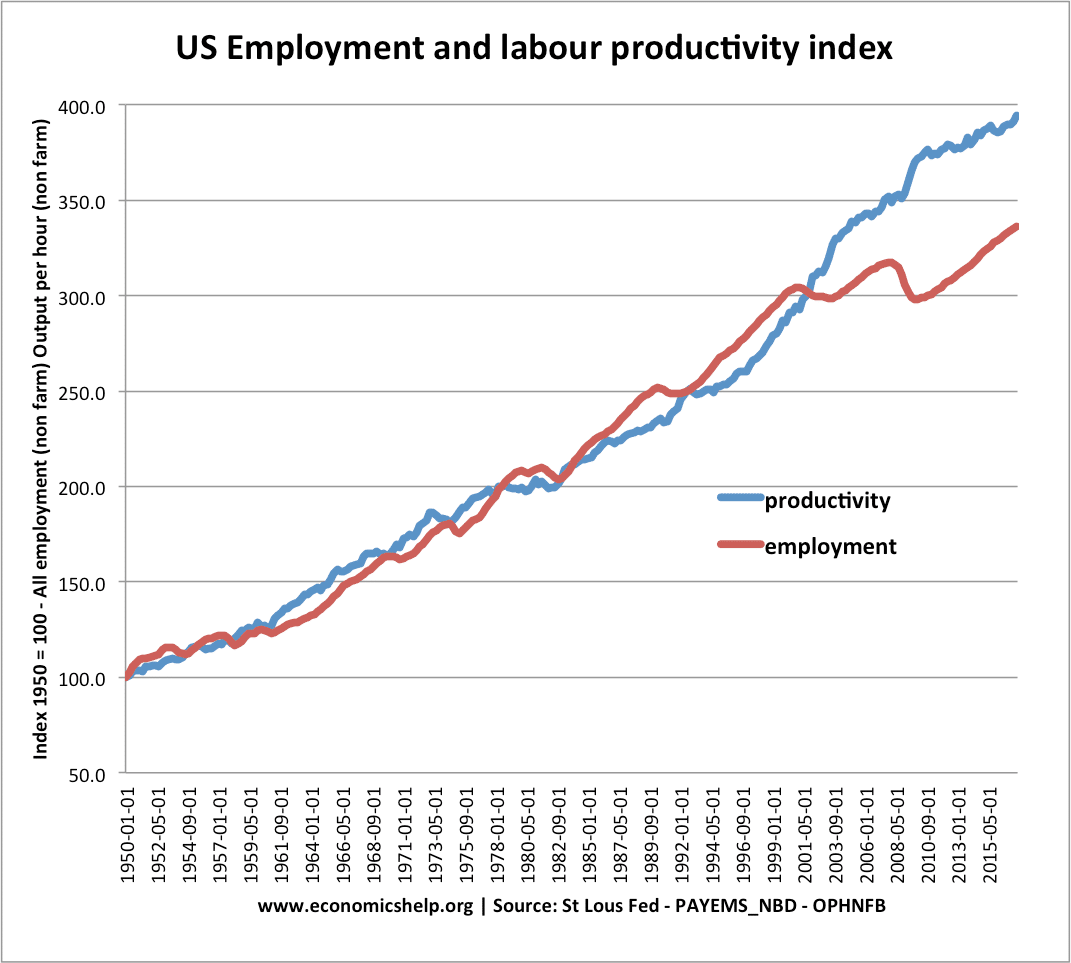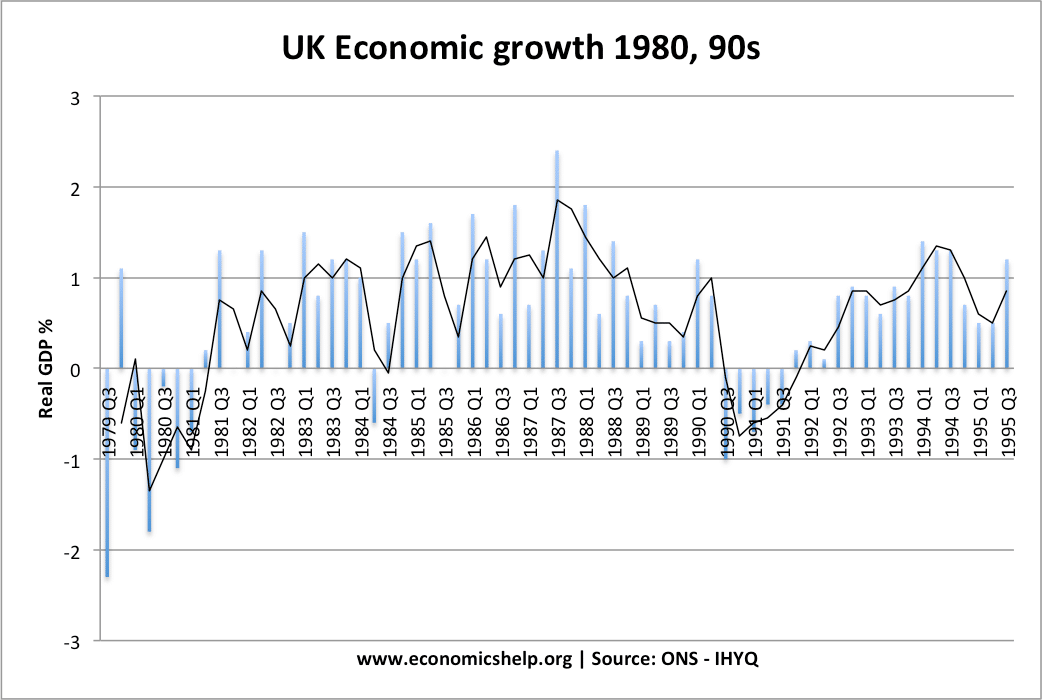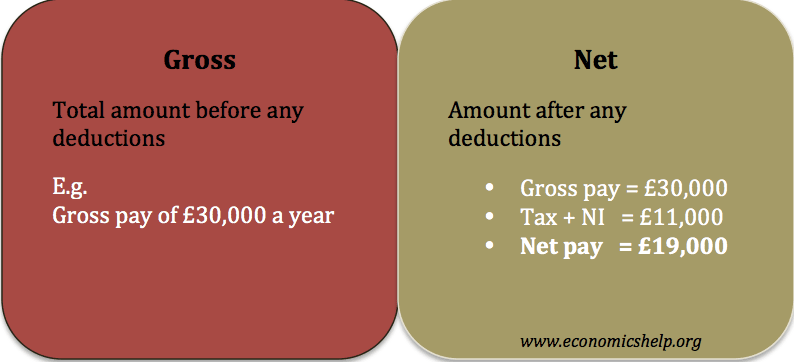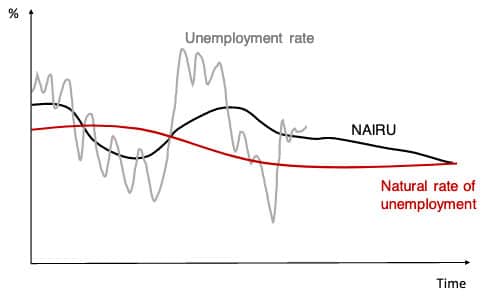Tax competition
Tax competition occurs when different countries seek to attract investment and multi-national companies, by offering lower tax rates. Usually tax competition refers to corporation tax, but can also include competition on income tax on labour. Tax competition has become more important in recent decades as multi-national companies find it easier to locate in different countries. …




